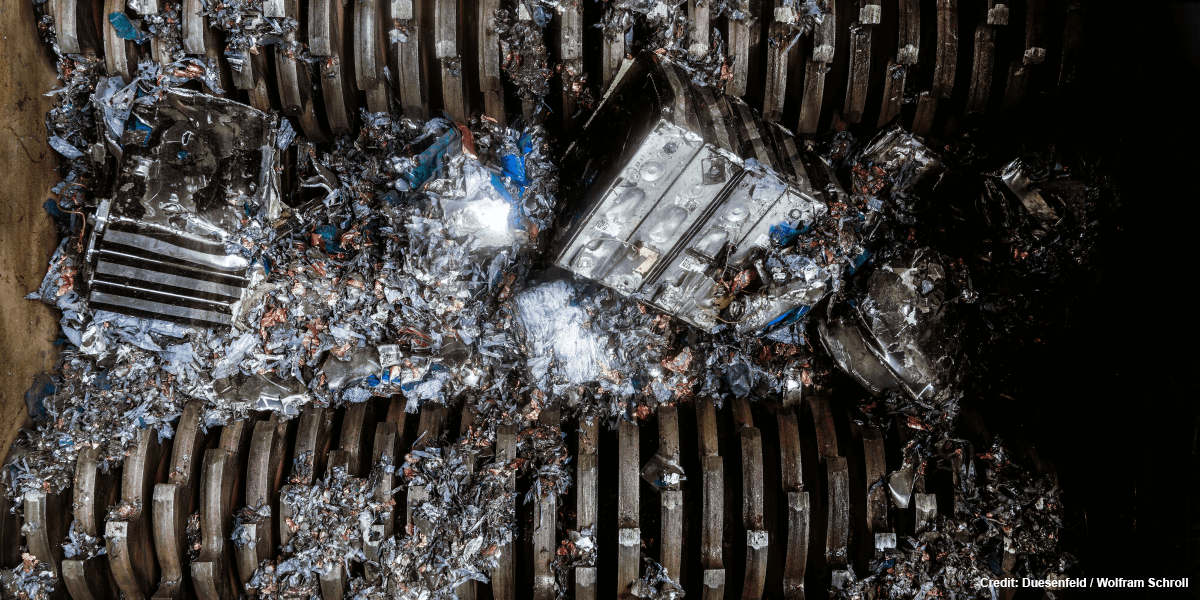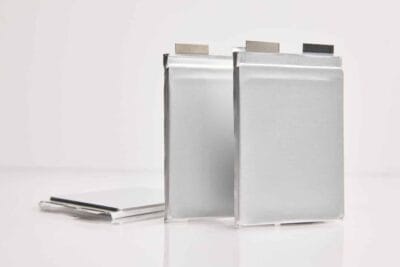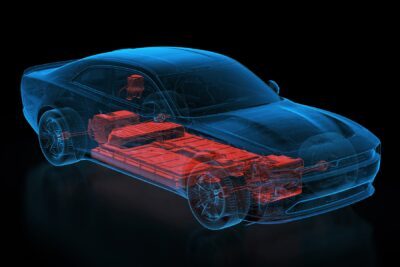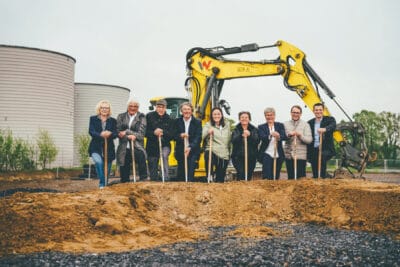Hyundai Canada and Lithion Recycling partner up for EV battery recycling in Canada
Hyundai Canada has just announced that it has entered an agreement with Lithion Recycling for recovering and recycling batteries from some of its hybrid, plug-in hybrid and purely electric vehicles.
Currently, Lithion Recycling is completing the last development stages of its plant in Anjou, Quebec. The company’s first commercial recycling plant is due to open in 2022. The Canadian arm of the Korean vehicle manufacturer is so far the first electric vehicle manufacturer to have made such a service agreement with Lithion official.
Hyundai Canada says that Lithion has developed an efficient and cost-effective process for recycling lithium-ion batteries with a process that allows for 95% of battery components to be recovered and treated, in order to be reused by battery manufacturers.
Benoît Couture, President and CEO of Lithion Recycling says: “This service agreement will validate an economic and innovative technology that considerably reduces the carbon footprint compared to incumbent technologies and mining.”
Hyundai and Lithion have not yet given further details on the number of batteries that will be recycled by what date, or about the processes involved. Hyundai says in an announcement that the ultimate goal of the partnership is to increase “the sustainability of its electric vehicle production cycle.”
The recycling of EV batteries is only just now really getting going in North America and more so in Europe. Here, S.Korea and Germany both got recycling plants into action in 2018, while in the same year, China selected 17 cities and regions to launch pilot programs for battery recycling. Now, with the boom in electric vehicles battery recycling is more than just a thought for more sustainable transport, and has become a necessity for ensuring a better supply of battery materials while geopolitical forces heat up in the race to access finite lithium resources. Last year a number of car manufacturers had to halt or slow the production of EVs for want of enough batteries. Already back in 2018 in Canada, Hyundai had to stop taking orders for its all-electric Ioniq in Canada, because of a battery shortage.
In January this year, another Canadian battery recycling company Li-Cyle announced that they completed a pilot project with New Flyer to recycle batteries from electric buses. Li-Cycle plans to complete a large battery recycling facility in the U.S. in 2022, with an annual capacity sufficient to manage the recycling of materials from approximately 120,000 e-car battery packs.
Here, Lithion Recycling is also ambitious. The Canadian battery recycling specialist says it is aiming for worldwide deployment through licensing agreements and that it is aiming for 20 recycling plants.





0 Comments